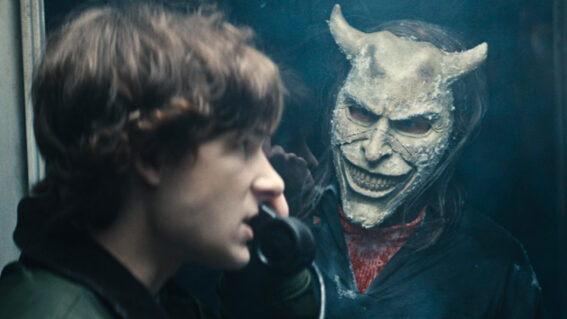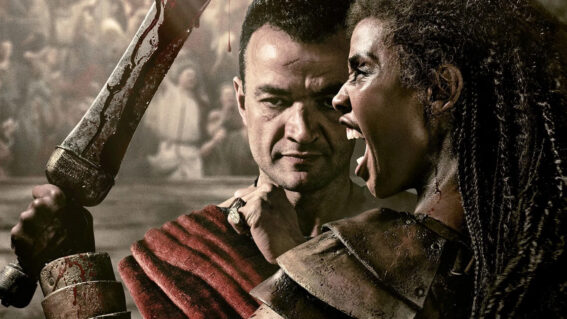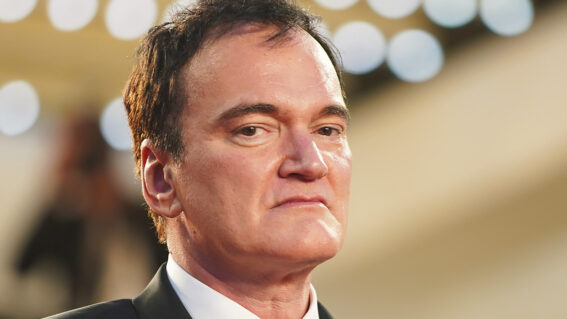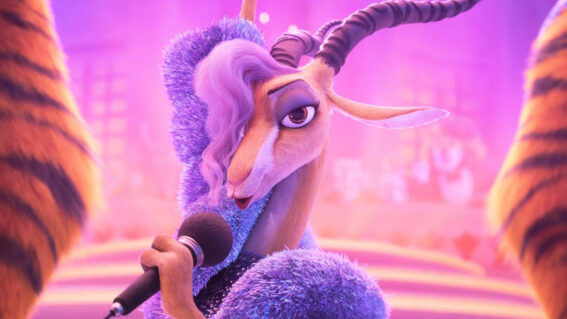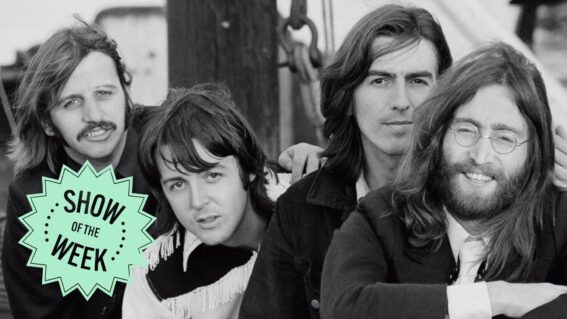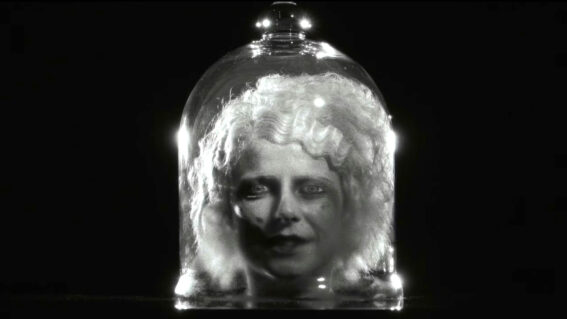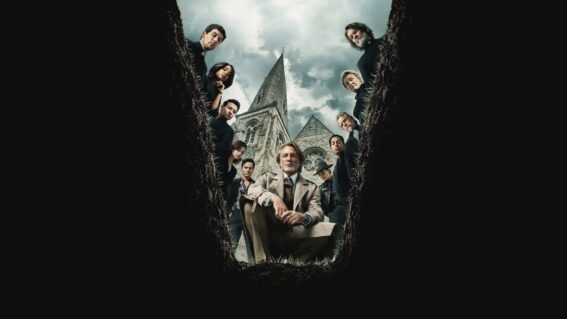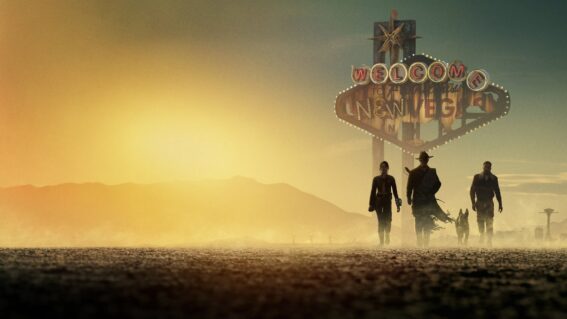How do we talk about maybe-masterpiece Weapons without spoiling it?
Weapons confirms the power of watching a movie in a theatre, unspoiled, with other people who are as transfixed as you are.
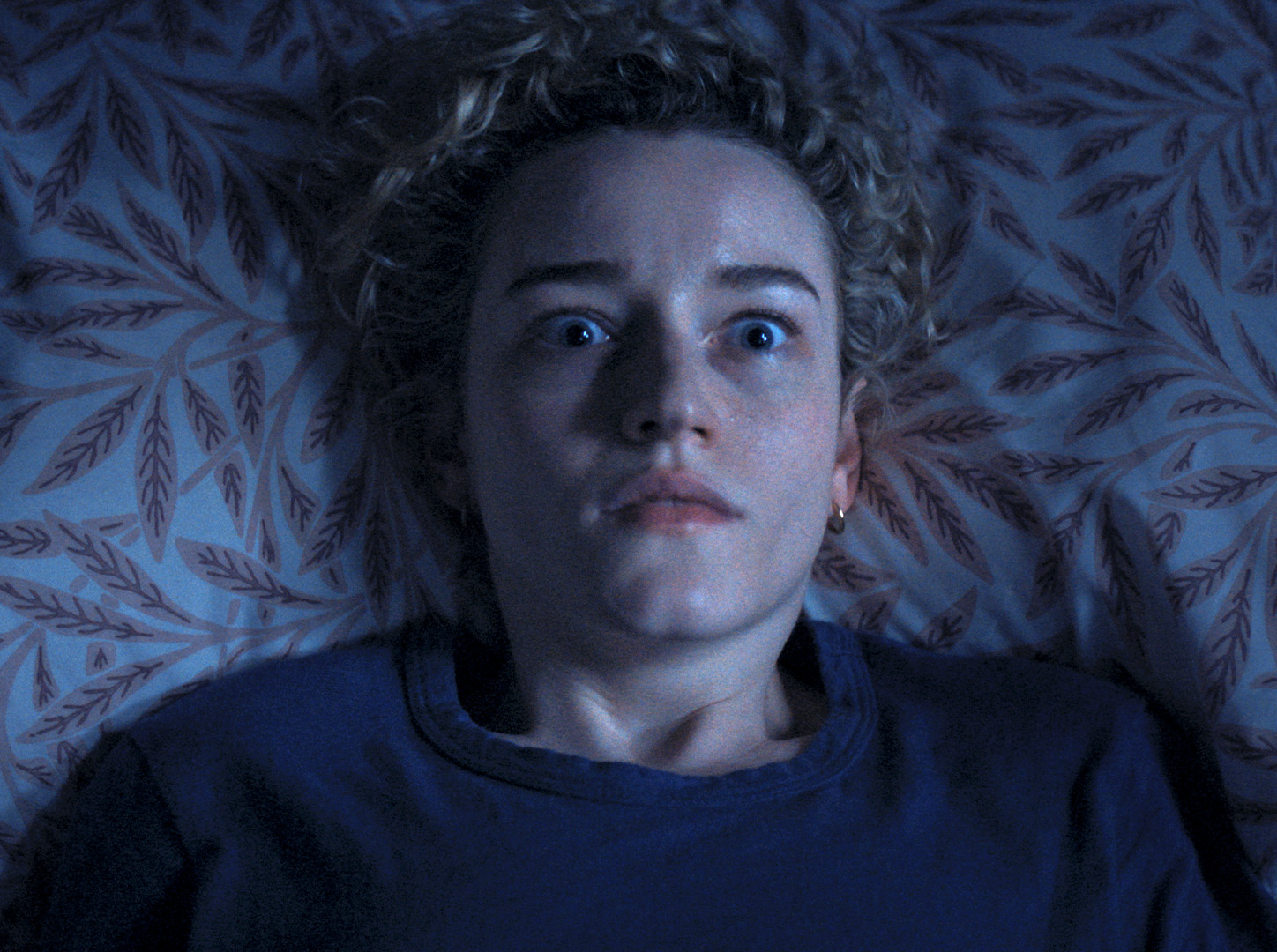
Weapons might just be a masterpiece. We’ll know once the dust settles and history has had its say, but walking out of the theatre, mind racing, feeling more cinematically satisfied than I had in a while, it certainly felt that way.
A big part of the film’s pleasure is watching its plot unfold in ways you can’t predict. Weapons follows different perspectives intersecting around a central mystery, and writer/director Zac Cregger has calibrated his movie to surprise. Don’t get me wrong, I intend to revisit it as soon as possible, there is plenty to dig into on repeat viewings, but the feeling of watching this thing fall into place—particularly with an audience who are figuring it out along with you—is sublime.
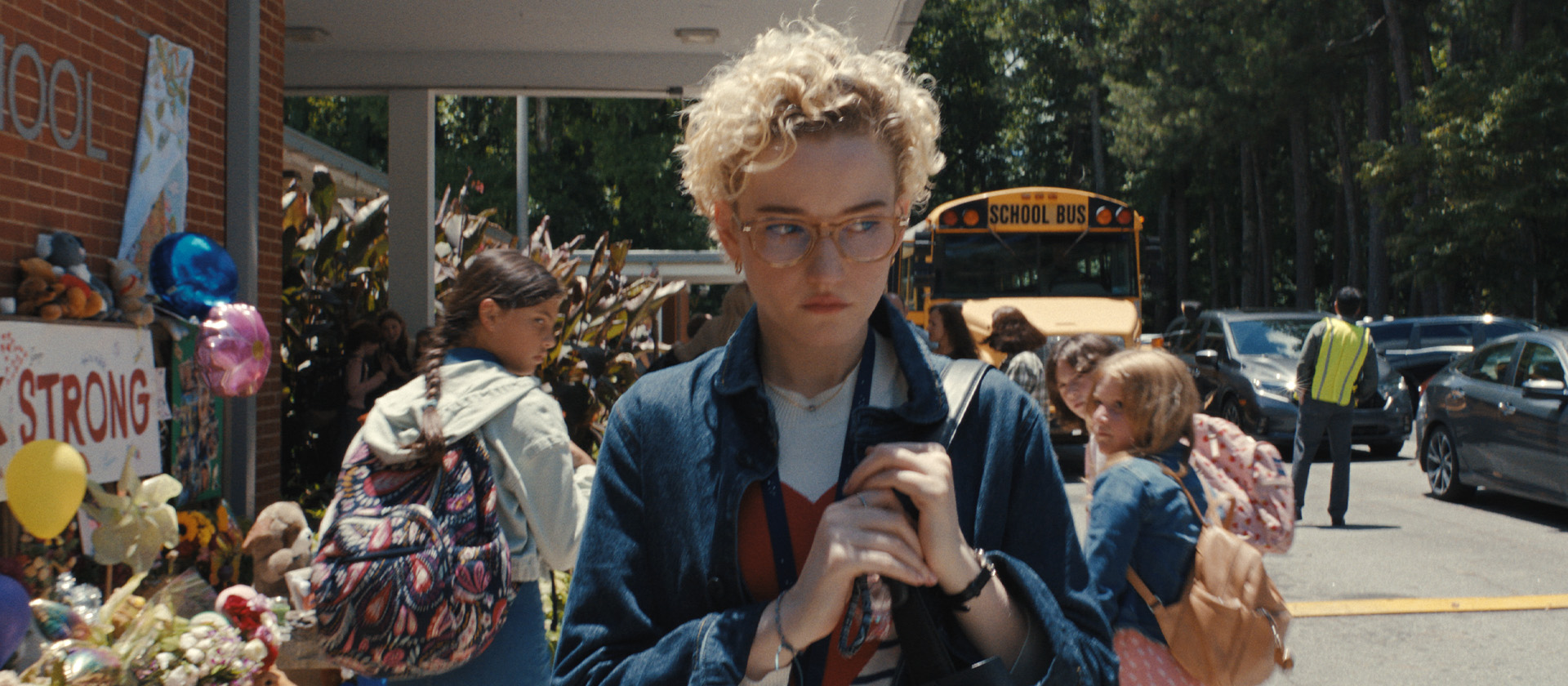
So how do we talk about this thing without spoiling it? One way is to compare it to other horror movies. There’s a trend that’s grown more prevalent in the genre that Cregger does away with (his prior film Barbarian did too), and is much stronger for it.
Related reading:
* Horrors on the horizon: Paranormal, paranoia, psychos and phones
* Canterbury, cannabis, and cannibals: The Weed Eaters
1973’s Don’t Look Now revolves around a couple who’ve lost a child, exploring their relationship healing when faced with spooky goings on. In 2005’s The Descent, the protagonist is dealing with the death of her husband then has to deal with cave-dwelling mutants.
Characters recovering from trauma who are then traumatised anew has become a familiar storytelling framework—Together, Midsommar, Talk To Me, Gerald’s Game, Drop, even the Halloween reboot are some recent examples—and while it’s not inherently a bad thing, we’re at the point where it’s notable when absent.
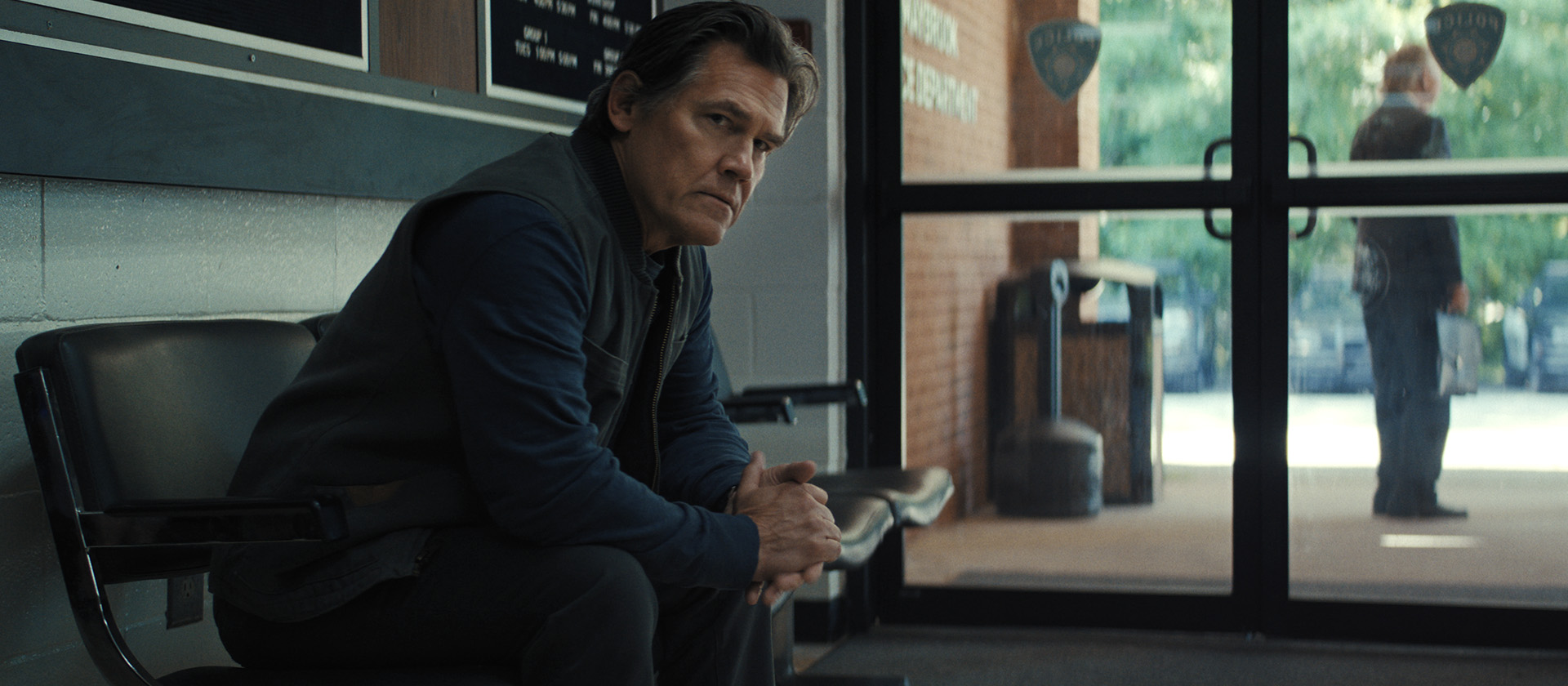
The characters in Weapons are traumatised by the events of the movie we’re watching. They have problems, they’re refreshingly flawed and complex, but there are no allusions to a dead spouse or abusive ex or prior drug addiction.
In the 2013 Evil Dead remake, the main character is recovering from addiction, and already in a pretty bad place even before she encounters the murderous deadites. It serves as a big fat metaphor—hey, these new problems are a bit like her old ones—but also adds a deflating undertone to proceedings.
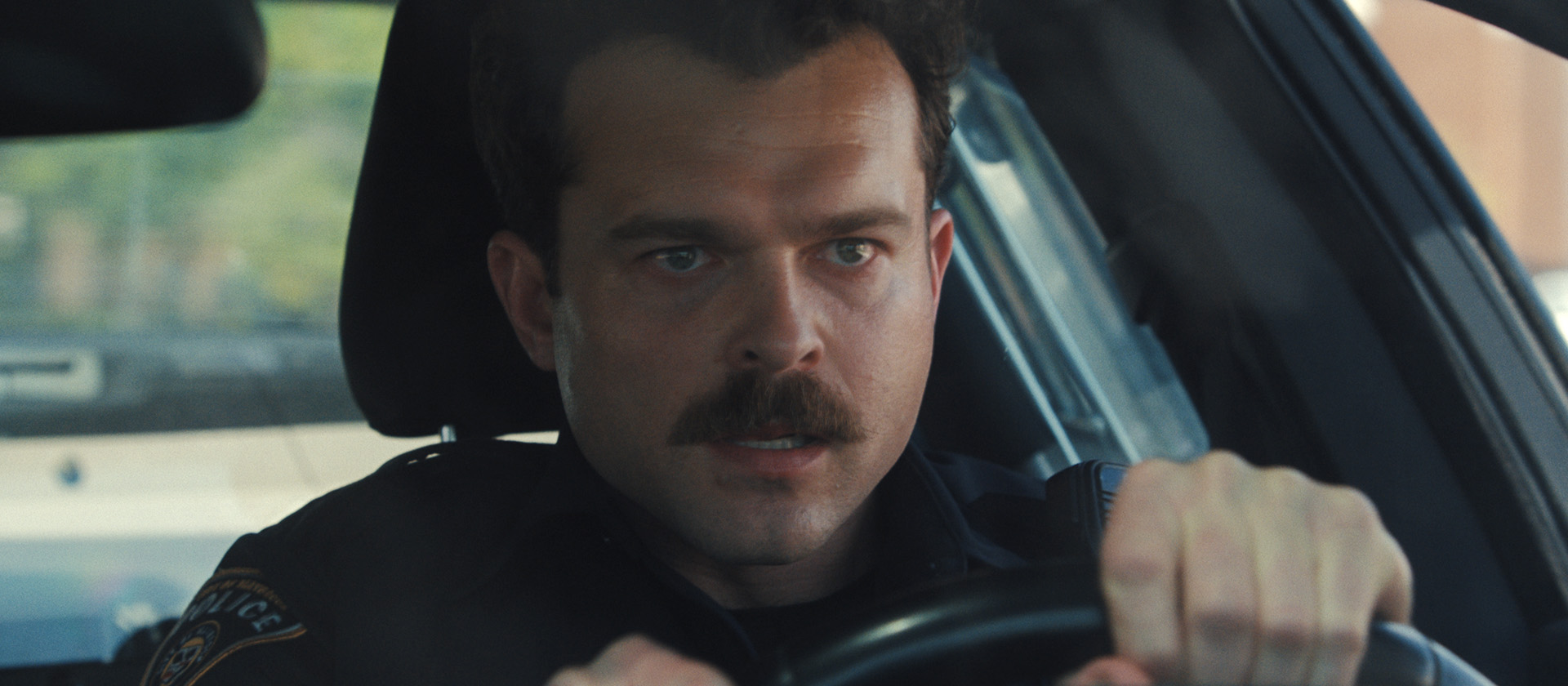
There’s the idea in the less successful movies that because the characters have already had it rough, they’ll be fine. What problem is a supernatural killer or demon when they’ve already faced a more mundane, real-world horror? It can wind up making the movie feel safe, eliminating the unease of genuine peril.
When bad things happen in Weapons, you feel blindsided. It’s the cause and effect of a storyteller who is seeing how his setups can pay off in entertaining and unexpected ways. It feels great. It feels a bit dangerous.
Cregger’s pitch was “Magnolia meets Hereditary”, and that goes some way to describing it. Like PT Anderson’s opus, its leads orbit a central event, interacting along the way. There are chapter titles for each main character, but rather than cutting back and forth we follow them to a moment of crescendo, before backing up slightly.
It’s a feat of editing that this stays propulsive, is never frustrating, and only grows more exciting as it goes. It can feel like we’re travelling through different genres, before the last act reminds us exactly what genre of movie we’re watching.
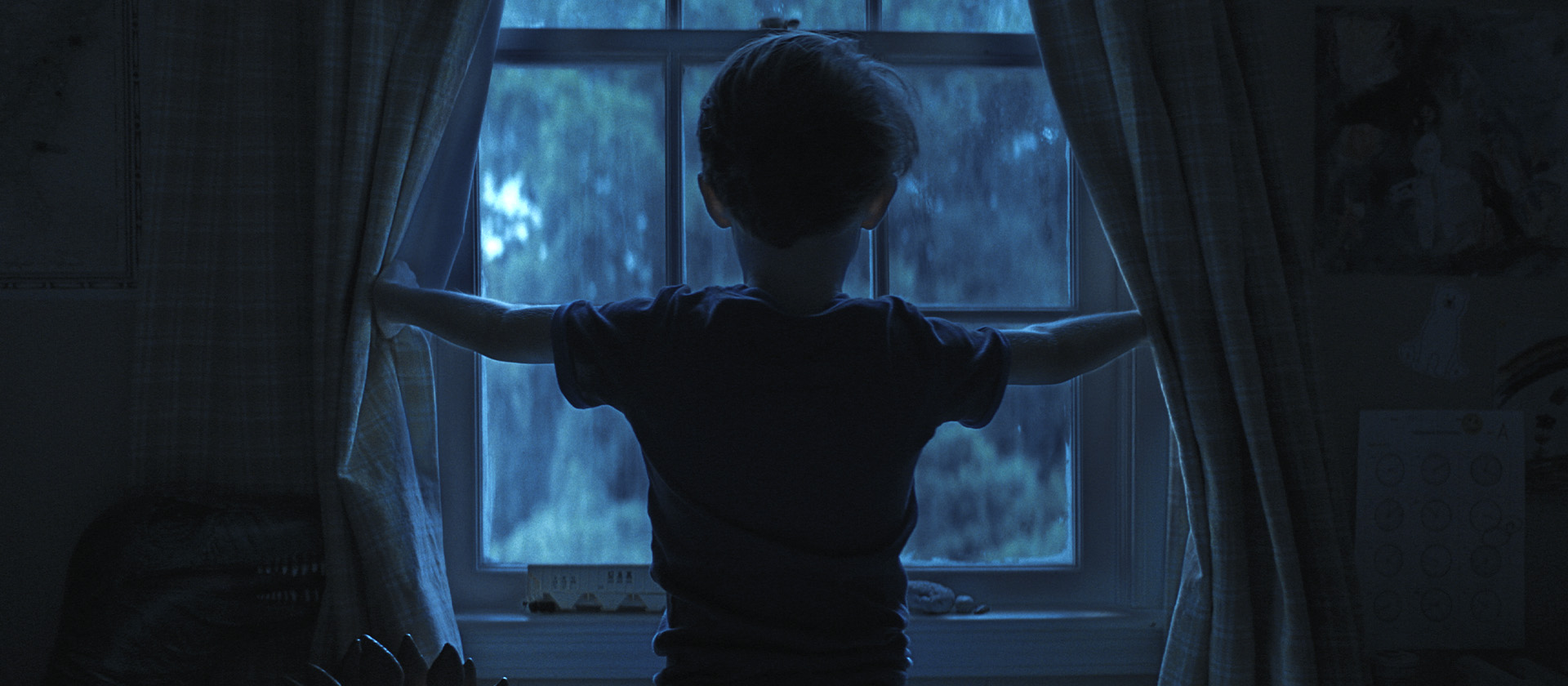
The film’s opening monologue, (or at least the abridged version heard in the trailer), merely sets the ball rolling:
“This is a true story. It happened right here in my town two years ago. So this one Wednesday is like a normal day for the whole school, and they had this teacher who was new. Her name was Justine Gandy. And on this day, she was going to her classroom just like every morning.
“But today was different. Today, none of her kids were there. Because the night before, at 2:17 in the morning, every kid woke up, got out of bed, walked downstairs, opened the front door, walked across the front yard and into the dark, and they never came back.”
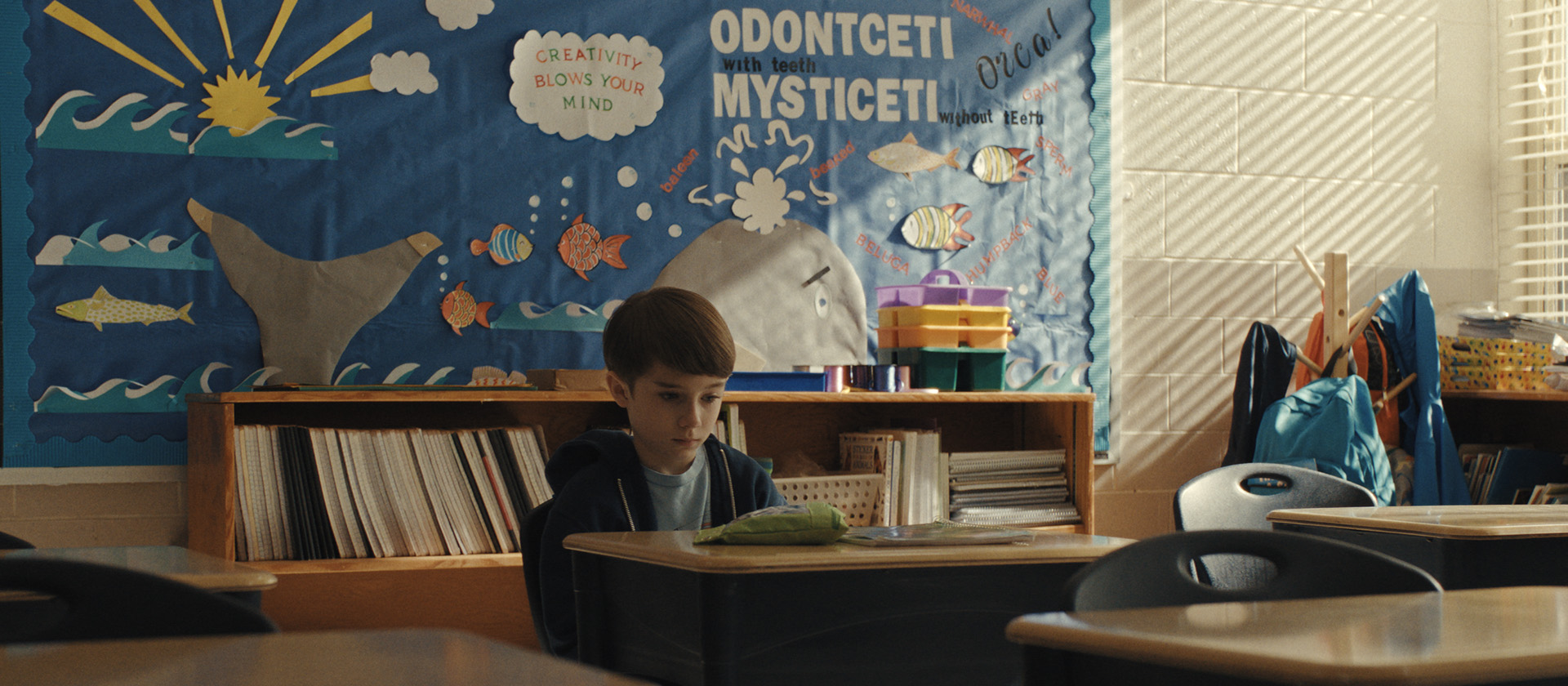
So intones a child in voiceover. It’s a deliciously dark opening gambit, and right away you want to know what happened. Cregger has said in many interviews that he started with that, and figured out what had happened later. It almost feels old fashioned, to set up a mystery then have characters solve it, but it’s also wildly satisfying.
Much like Barbarian, it’s dealing with some potentially heavy subject matter, and once again, Cregger doesn’t shy away from that, but keeps things surprisingly fun. Stephen King springs to mind in terms of tone and a few recurring images, and the way the film runs up to the edge of absurdity before tipping into catharsis.
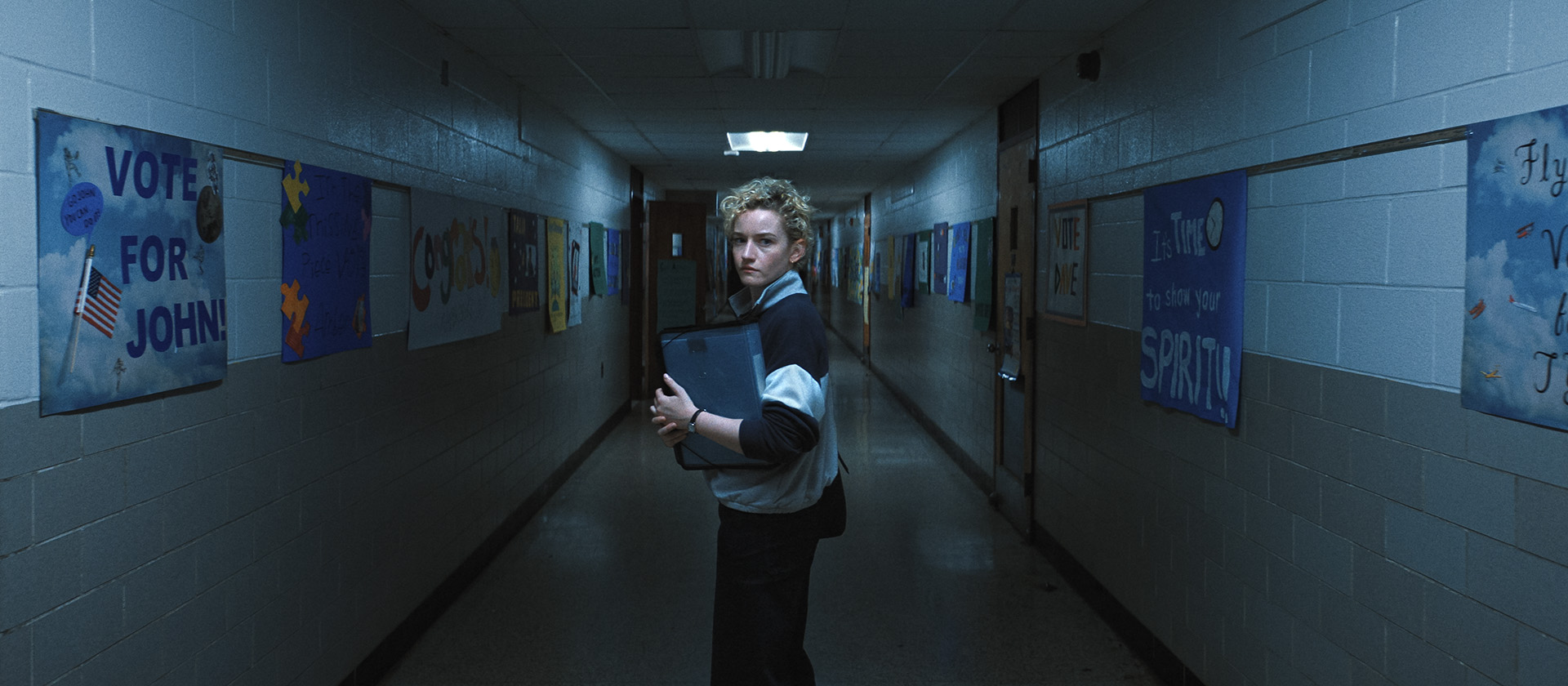
I left Weapons with certain moments already etched in my mind. This is the power of watching a movie in a theatre, with other people who are as transfixed as you are. At its best this communal fear, and then relief, can feel like magic.
Because the story is engrossing, and because plot takes precedence over analogy, any thoughts about this film’s implications will come later while you’re mulling it over. Several instances from Cregger’s real life drove his writing process, and it’s obvious how they inform the story once you know them.
You can draw several conclusions about bigger points he may be trying to make, or bigger ideas he’s trying to get across. They’re there if you want them. But he didn’t come up with any metaphors then work backwards, he wrote a story he thought would be entertaining, and let the subtext remain just that.









